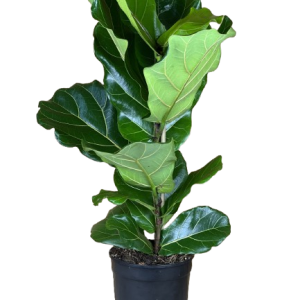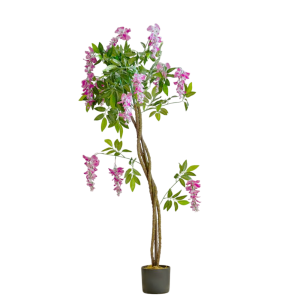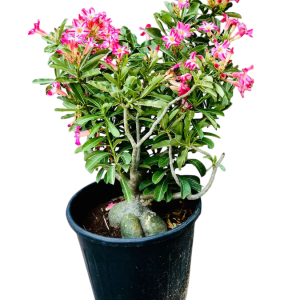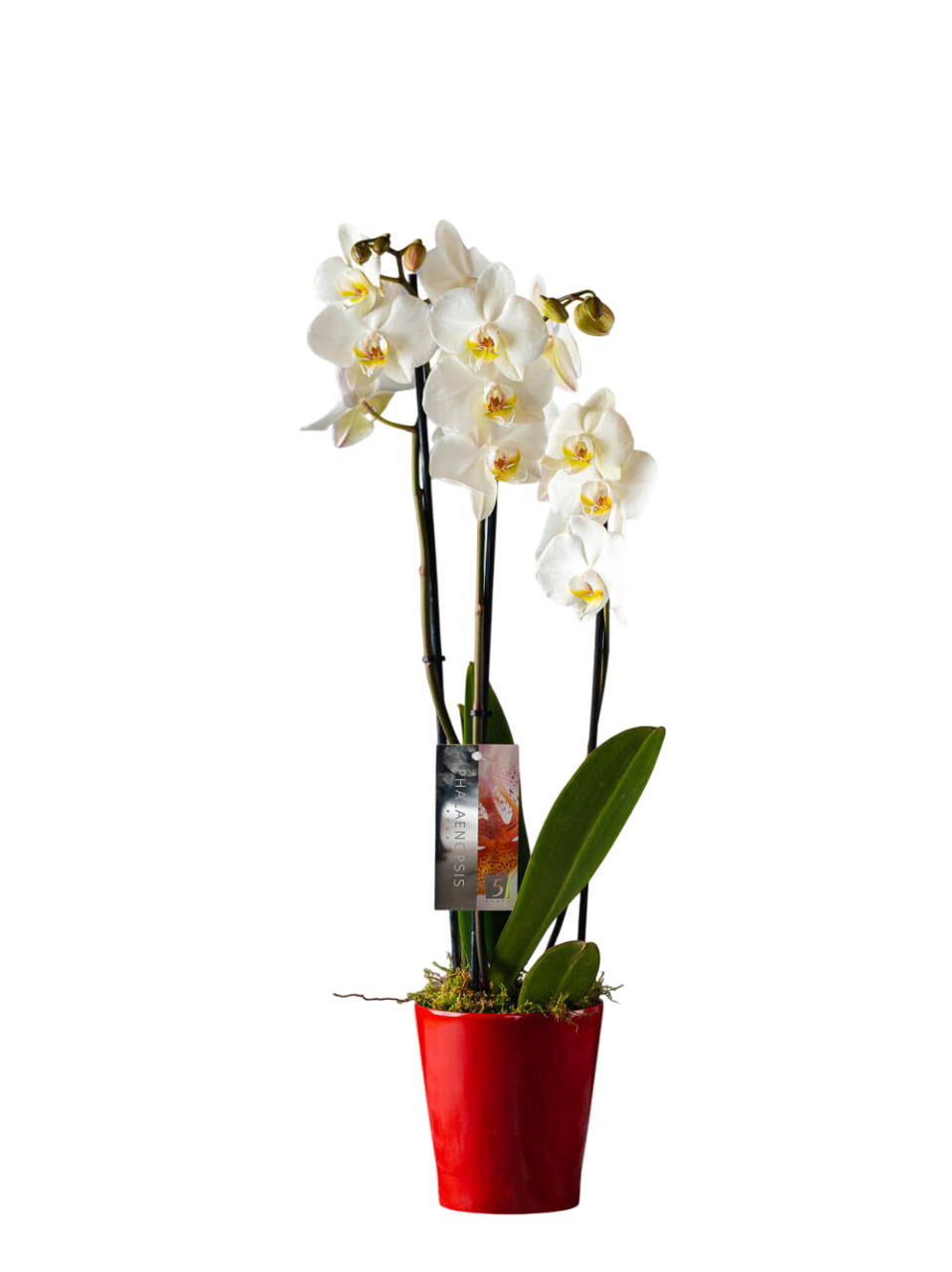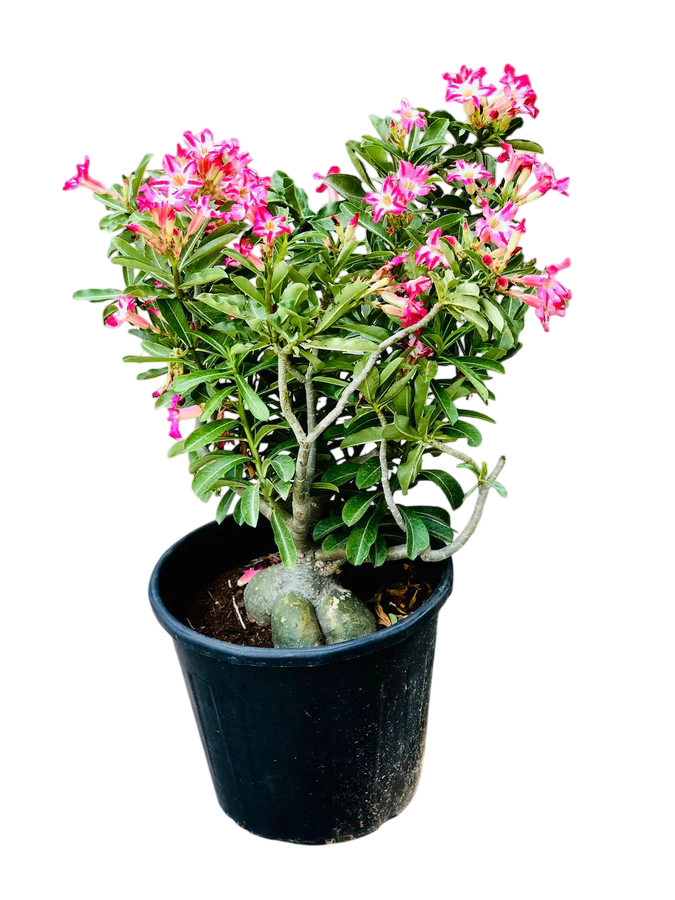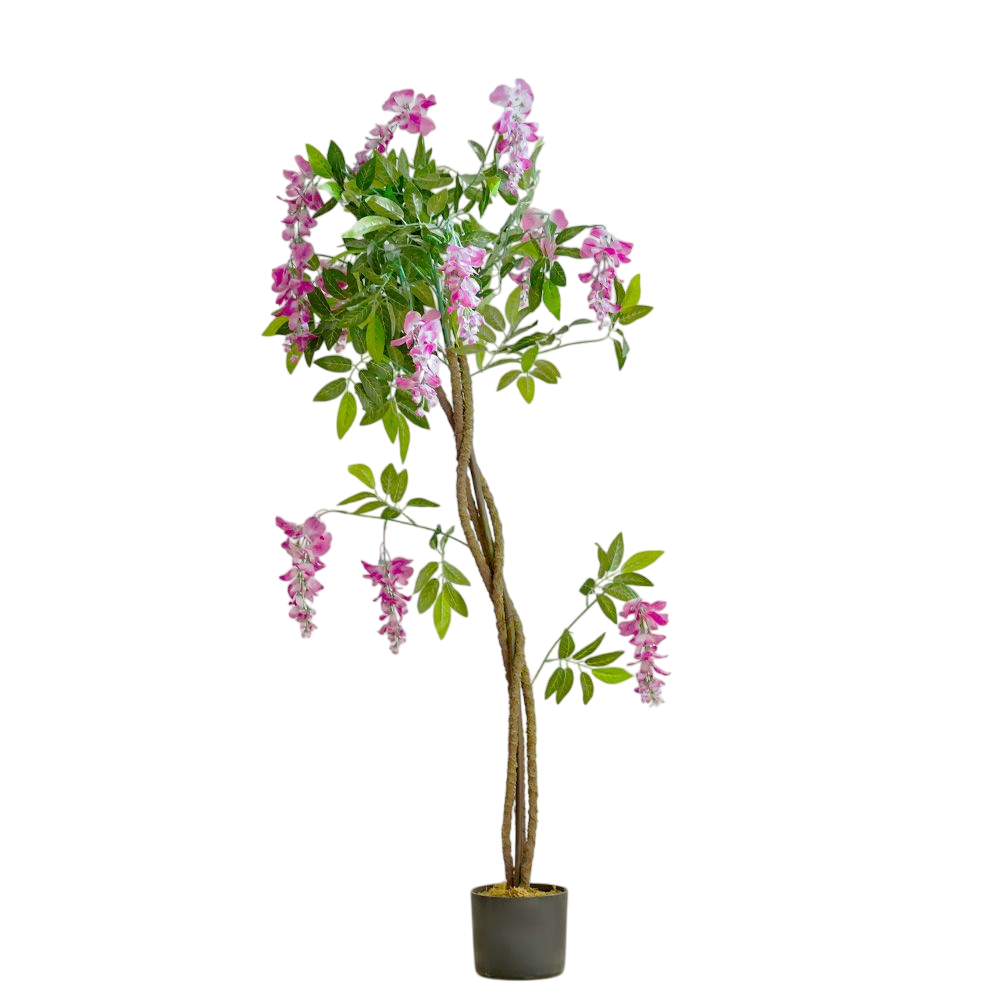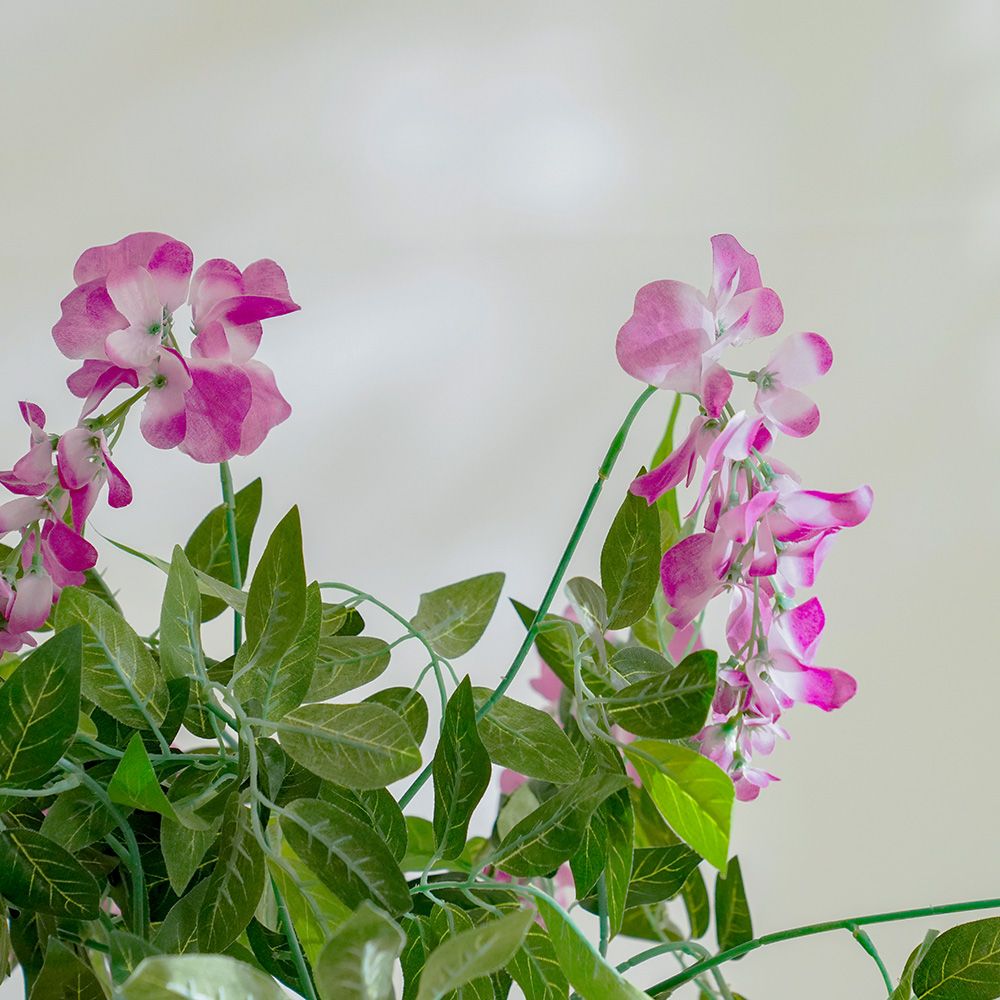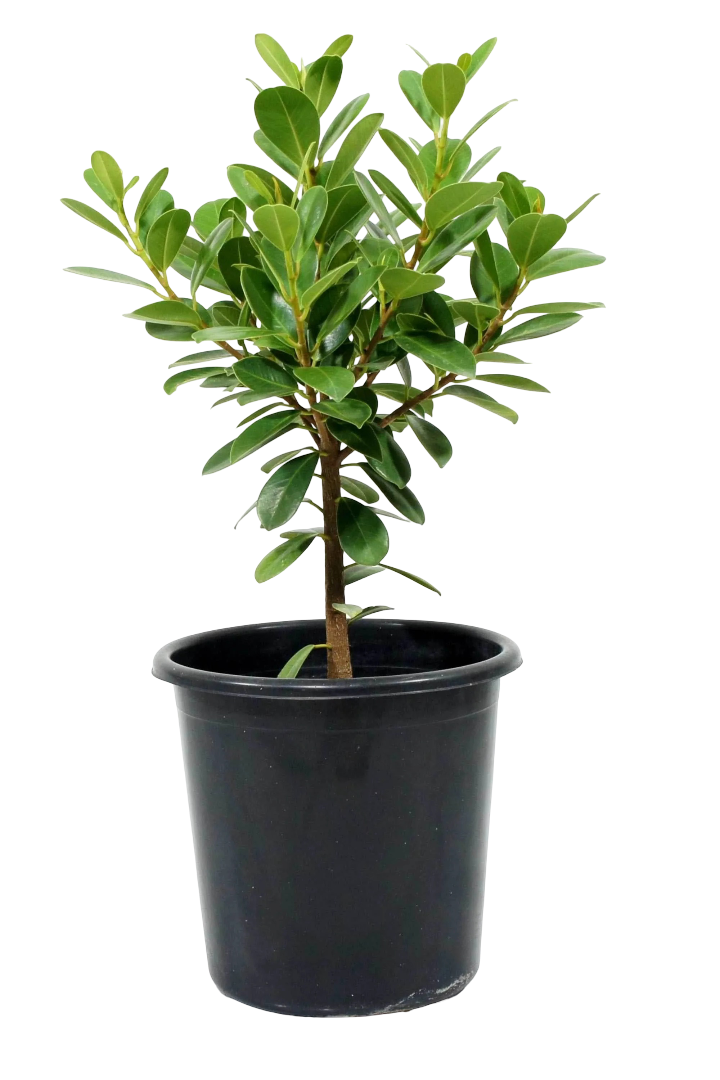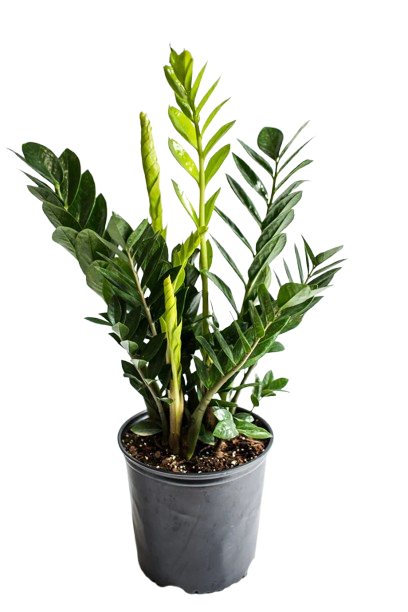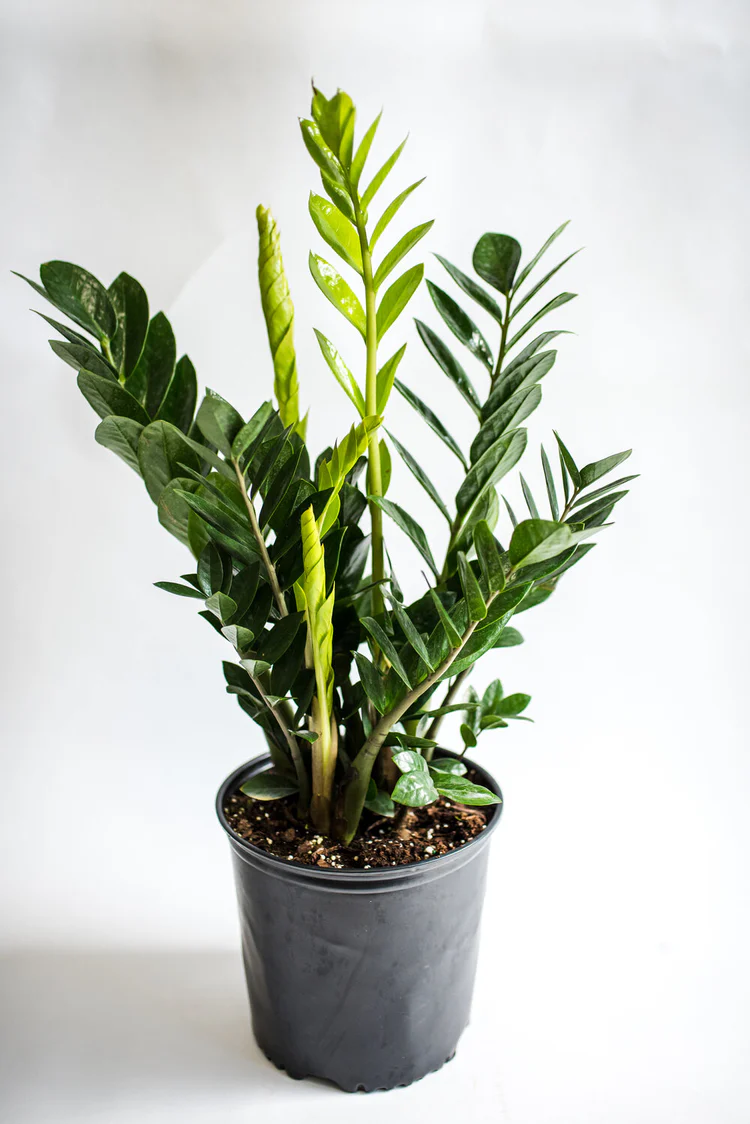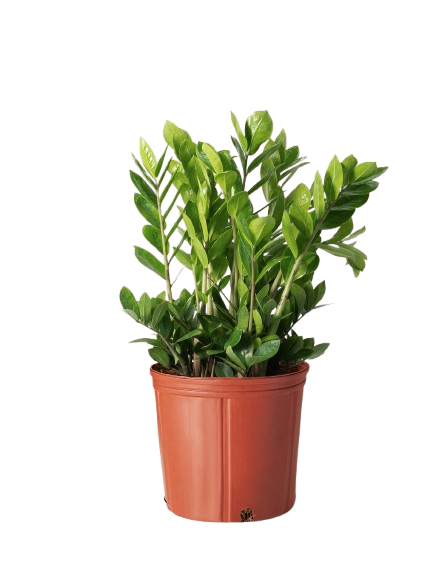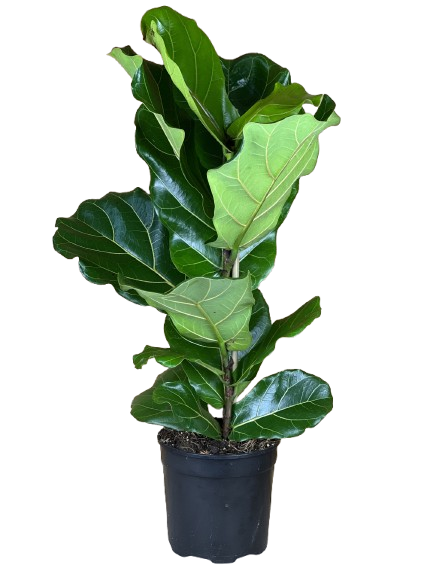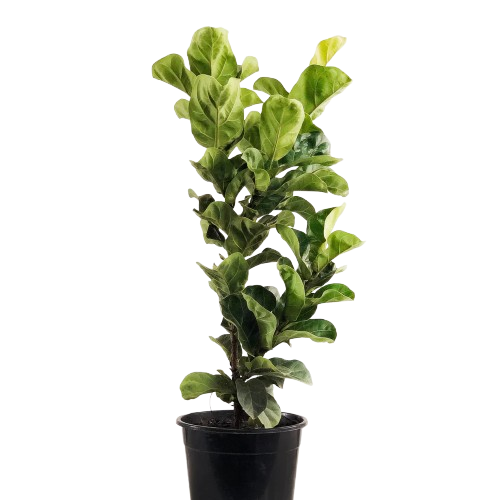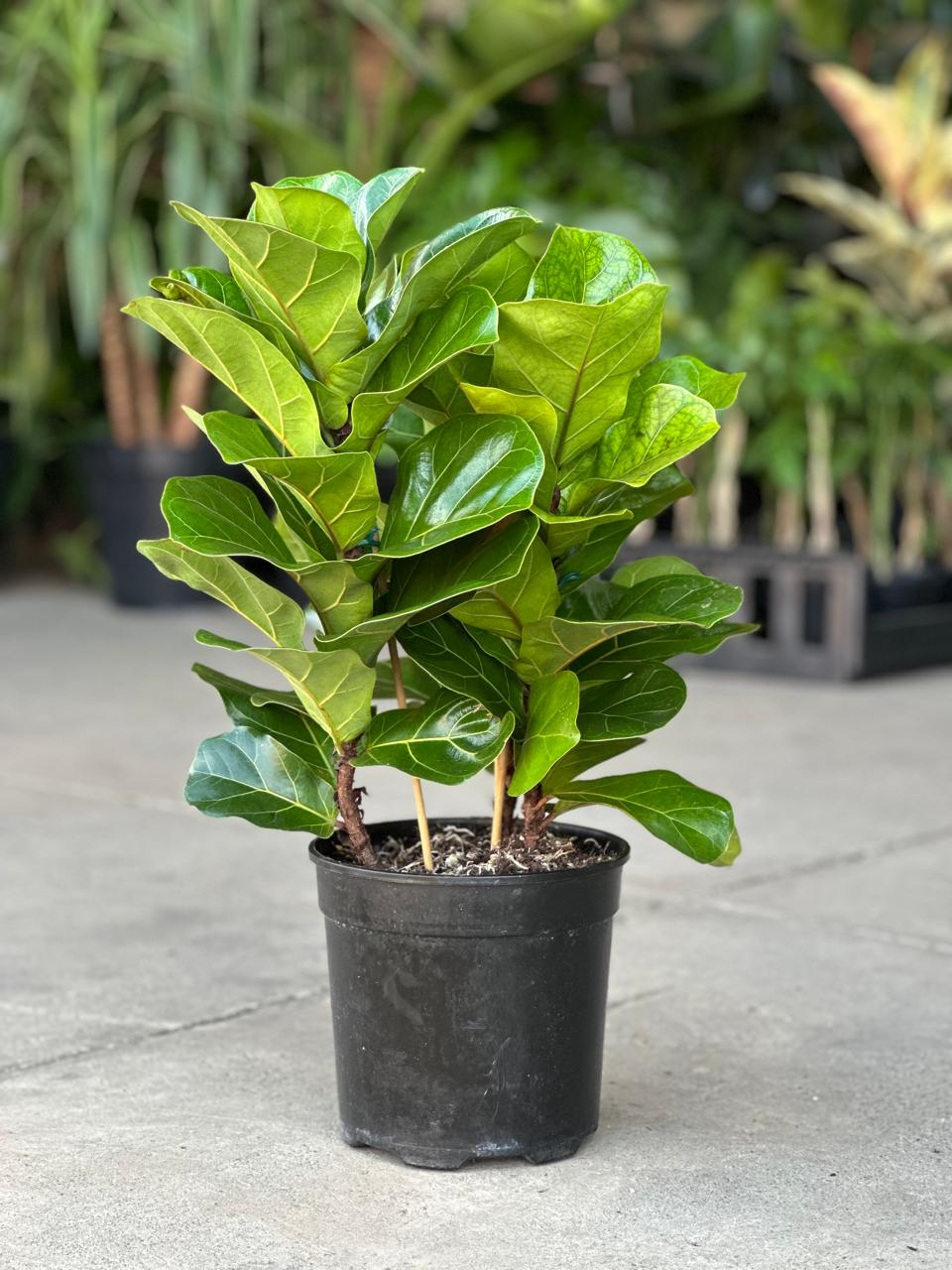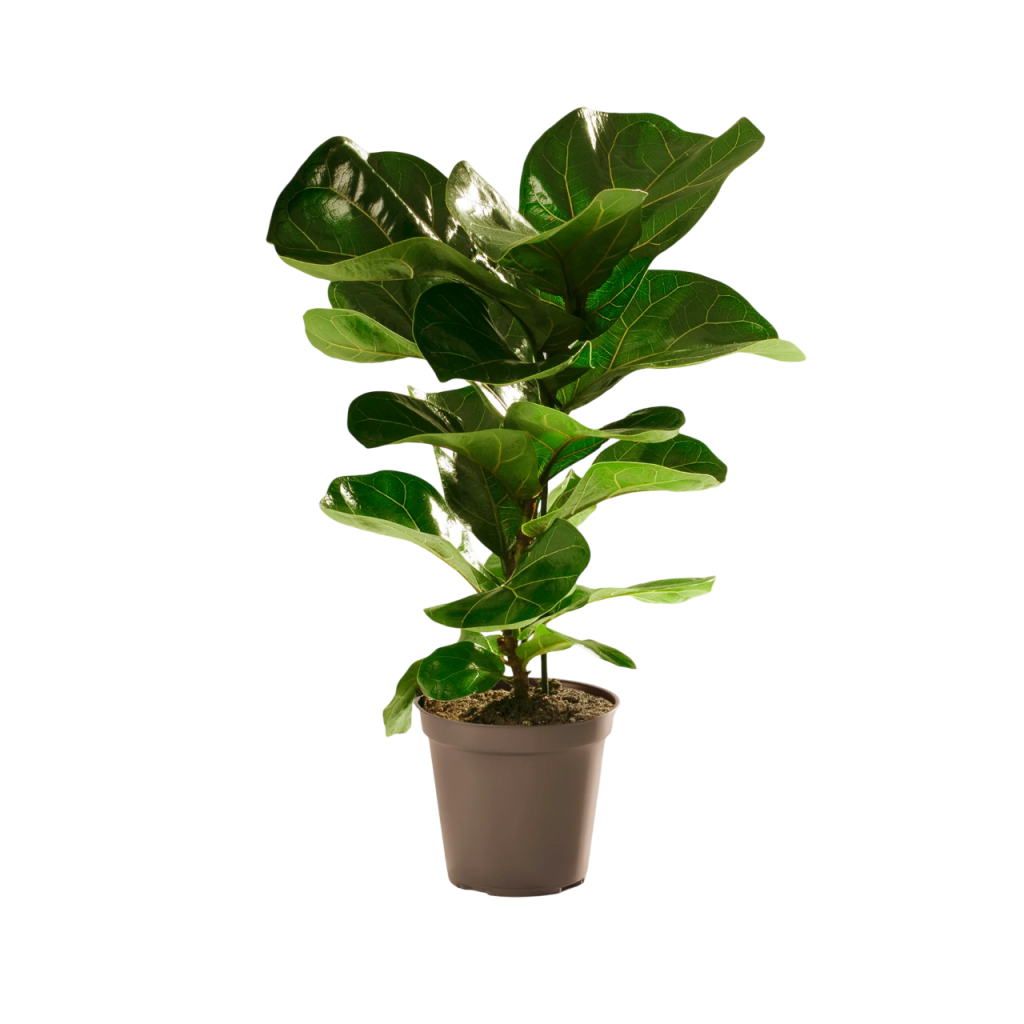
Origin and Scientific Name
The spider plant belongs to the family Asparagaceae. Its botanical name is Chlorophytum comosum. Native to tropical and southern Africa, it has adapted beautifully to indoor conditions worldwide.
Benefits of Growing Spider Plants Indoors
- Air purification: NASA’s Clean Air Study ranked the spider plant as one of the top indoor plants for removing pollutants such as carbon monoxide, formaldehyde, and xylene.
- Pet-friendly: Spider plants are non-toxic to cats and dogs, making them a safe choice for pet owners.
- Stress reducer: Studies suggest that having spider plants indoors can help reduce stress and increase productivity.
- Easy propagation: The “babies” or plantlets make it simple to propagate and share with friends.
Spider Plant Care Guide
- Light: Thrives in bright, indirect sunlight but tolerates lower light conditions.
- Water: Water when the top inch of soil is dry. Avoid overwatering to prevent root rot.
- Humidity: Prefers moderate humidity. Mist occasionally during dry seasons.
- Temperature: Ideal temperature is between 15°C and 25°C. Avoid frost and extreme cold.
- Soil: Well-draining potting mix is ideal. A mix containing peat, bark, and perlite works well.
- Fertilizer: Feed monthly during growing season with a balanced liquid fertilizer.
Common Problems and Pests
Spider plants are relatively pest-resistant, but watch out for:
- Brown leaf tips: Caused by fluoride in tap water or low humidity.
- Aphids and spider mites: Use insecticidal soap or neem oil to treat infestations.
- Root rot: Prevent by avoiding waterlogged soil and using pots with drainage holes.
How to Propagate Spider Plants
Simply cut off the plantlets once they’ve developed small roots and place them in moist soil or water until they root fully. Within weeks, you’ll have a brand new spider plant ready to pot.
Cultural Significance
In various cultures, spider plants are believed to bring good luck and protection. In Feng Shui, they are considered symbols of health and positivity, often placed near entrances to attract good energy.
Spider Plant in Nairobi Homes
In Nairobi’s indoor environments—especially during July’s colder and drier conditions—spider plants are ideal. They adapt to filtered indoor light, require minimal care, and offer year-round greenery for apartments and offices.
Quick Facts Summary
- Scientific Name: Chlorophytum comosum
- Family: Asparagaceae
- Light Requirement: Bright, indirect light
- Watering: Moderate, when top soil is dry
- Pet Friendly: Yes
- Indoor/Outdoor: Mostly indoor
- Uses: Air purification, décor, propagation
Planters.co.ke is your trusted source for plants, pots, and all things green in Kenya. From starter herbs to exotic indoor plants, we help you grow beautiful spaces—naturally.

